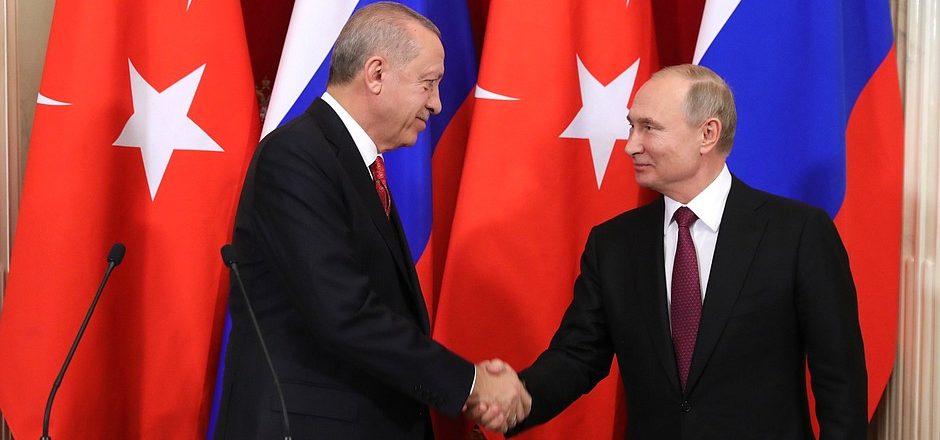
Erdogan and Putin agree on a ceasefire over the Syrian region of Idlib
Russia and Turkey, which back opposing sides in the Syrian war, reached a new ceasefire agreement in Moscow on 5 March, following a three-month air and ground offensive led by Al Assad regime’s forces over Idlib, which killed hundreds and displaced nearly one million people. However, according to Tukey’s state-run news agency Anadolu, Al Assad’s forces violated the truce multiple times immediately after it came into effect, and Turkey promptly responded declaring that it is prepared to “use force against those who violate the ceasefire”, thus showing the fragility of an agreement that has been preceded by many similar failed attempts before. As part of the agreement, Ankara and Moscow are setting up a security corridor with Turkey’s military patrolling the north and Russian forces on the southern side. HR/VP Josep Borrell welcomed the ceasefire deal and assured that “it is a pre-condition to increase the humanitarian help for the people in Idlib”, while UN Secretary-General António Guterres declared that “he hopes it will lead to an immediate and lasting cessation of hostilities”. At the extraordinary Foreign Affairs Council held in Zagreb on 6 March, the EU Foreign Ministers focused on how to address the ongoing humanitarian crisis in north-western Syria and agreed that the European Commission will mobilise €60 million in humanitarian aid. After the meeting, Borrell announced the EU would hold the IV Brussels Conference on “Supporting the Future of Syria and the Region” on 29 and 30 June, in order to support UN political and humanitarian efforts to solve the Syrian crisis.
- The Euromed news are edited by the team of the Euro-Mediterranean Policies Department of the European Institute of the Mediterranean -


